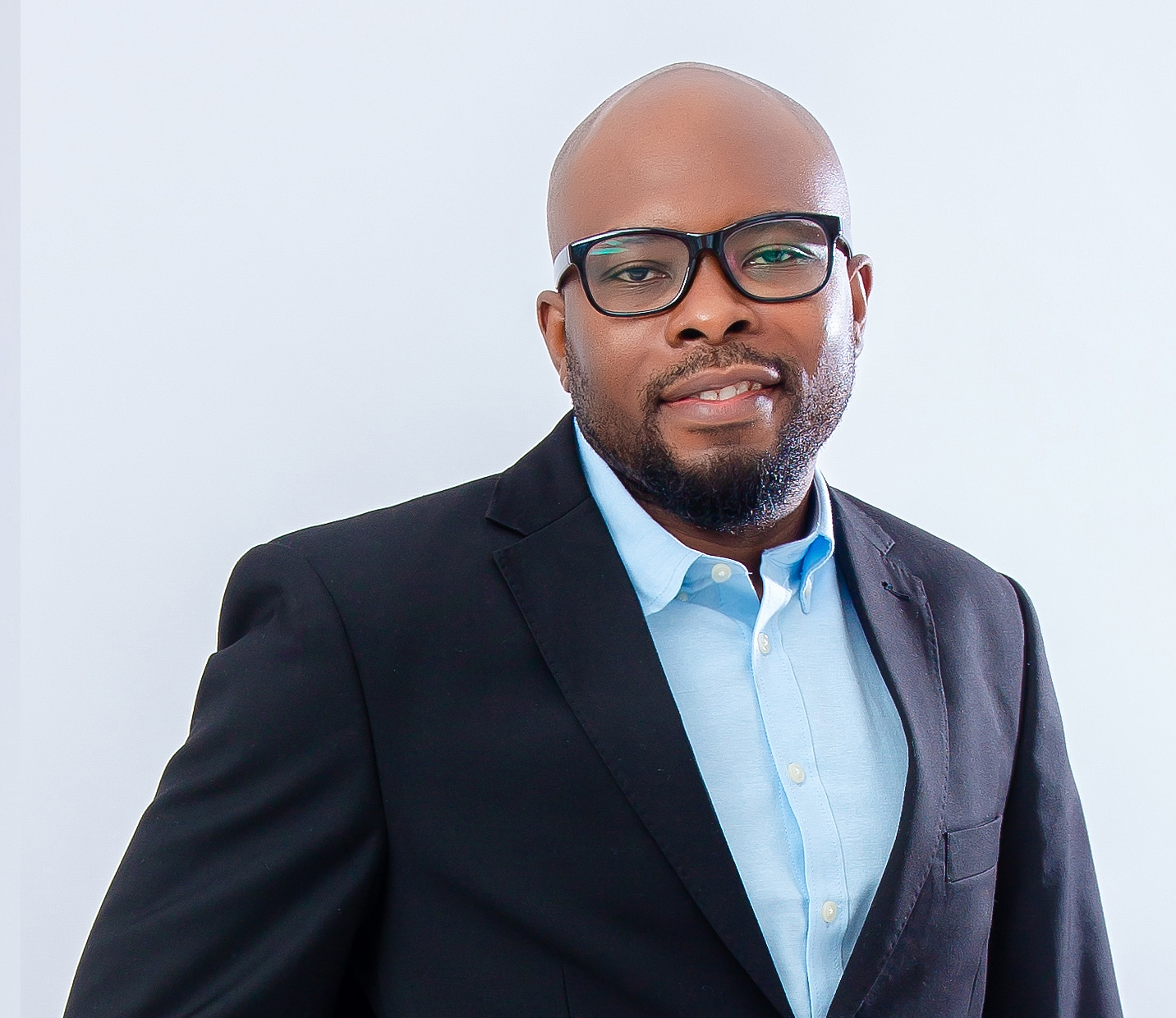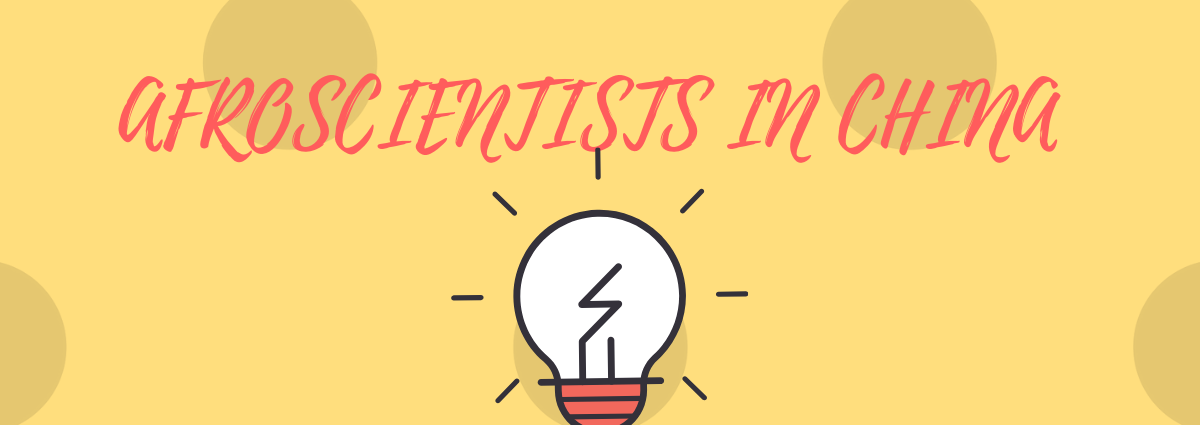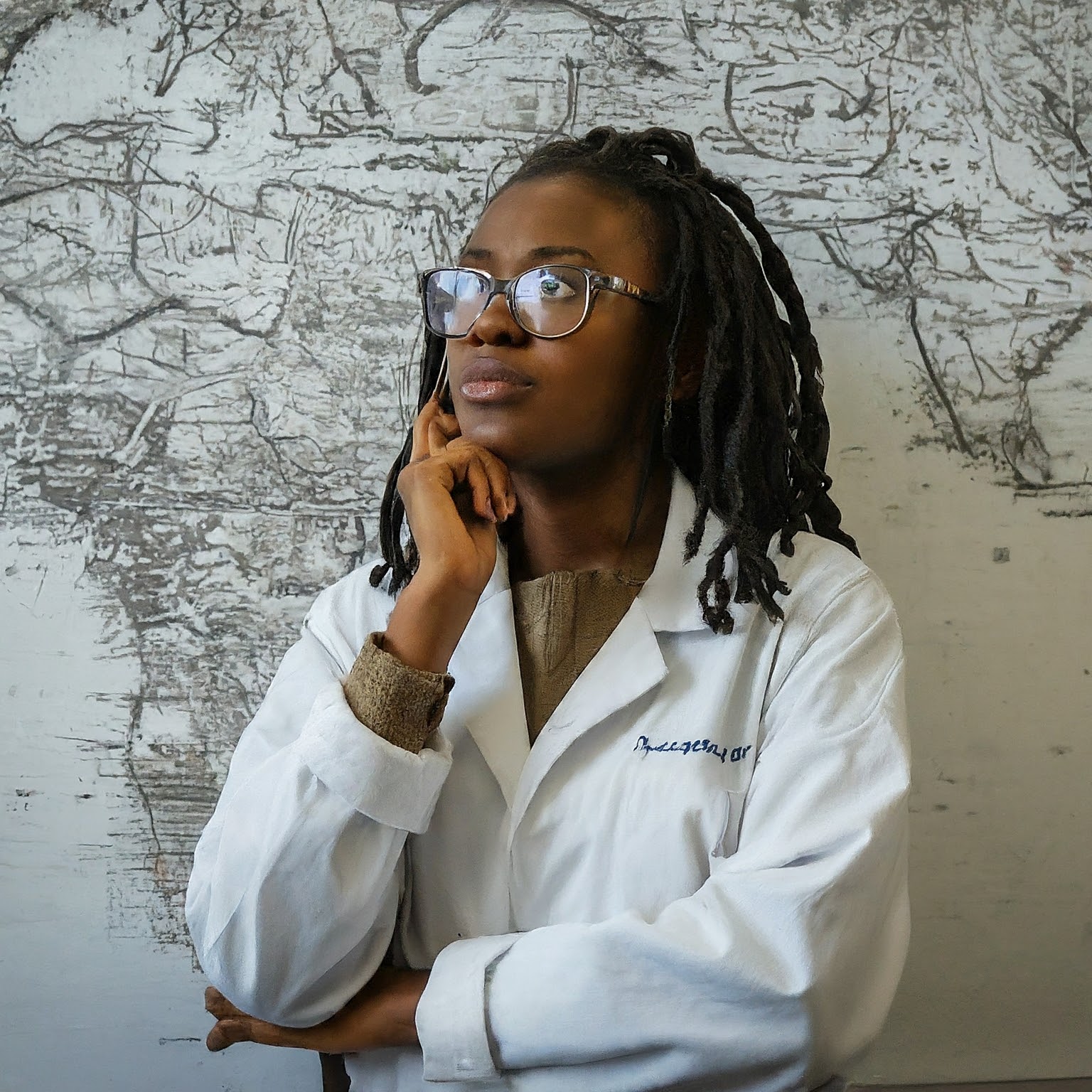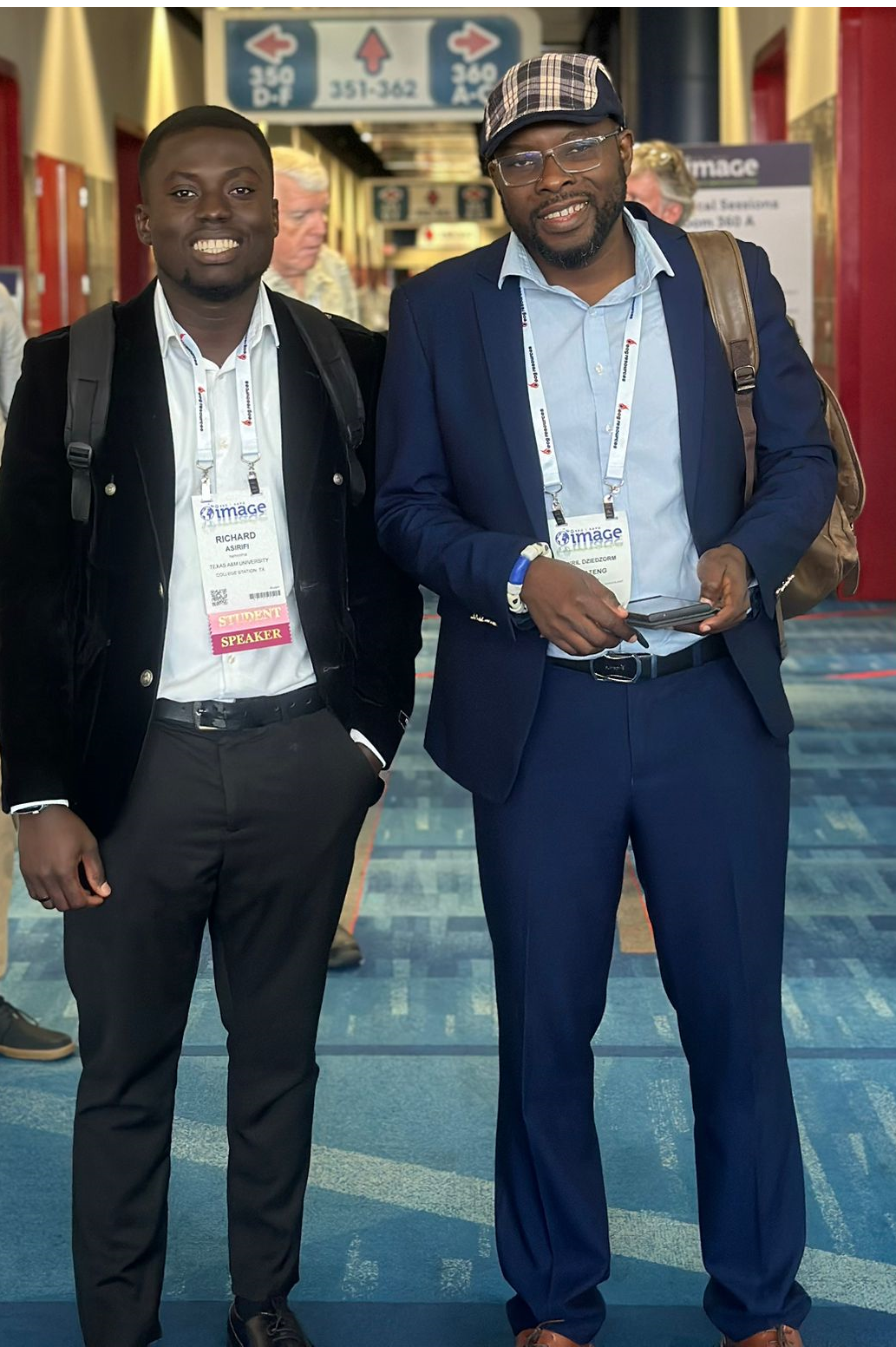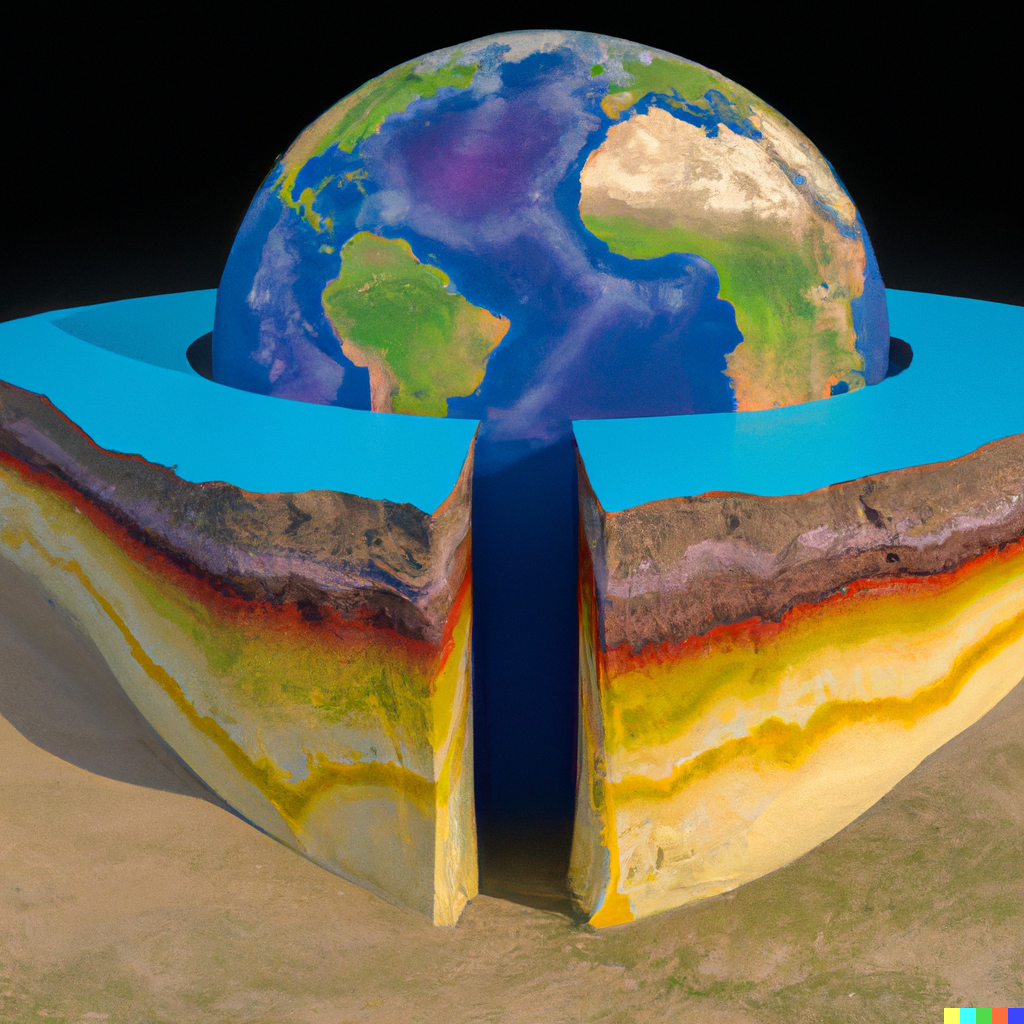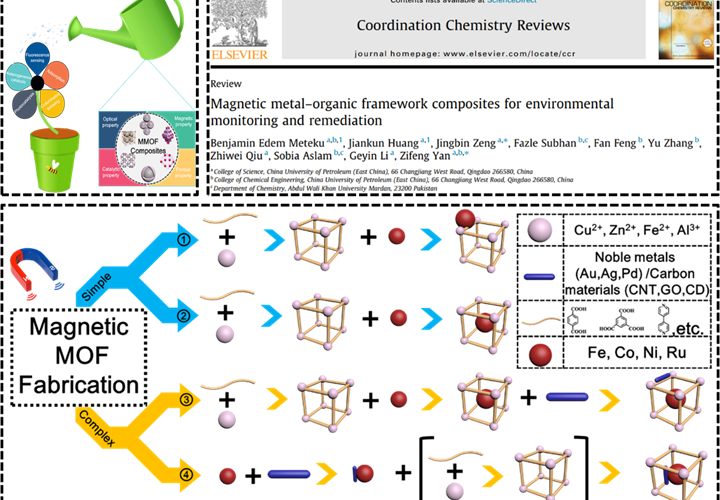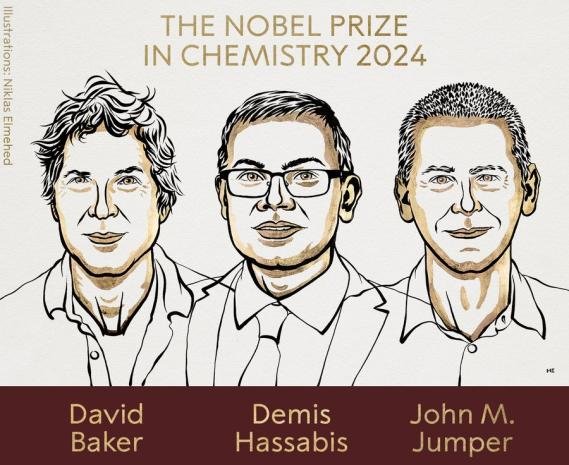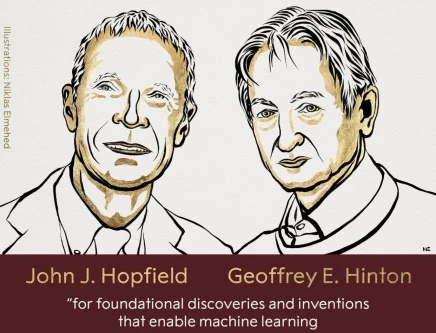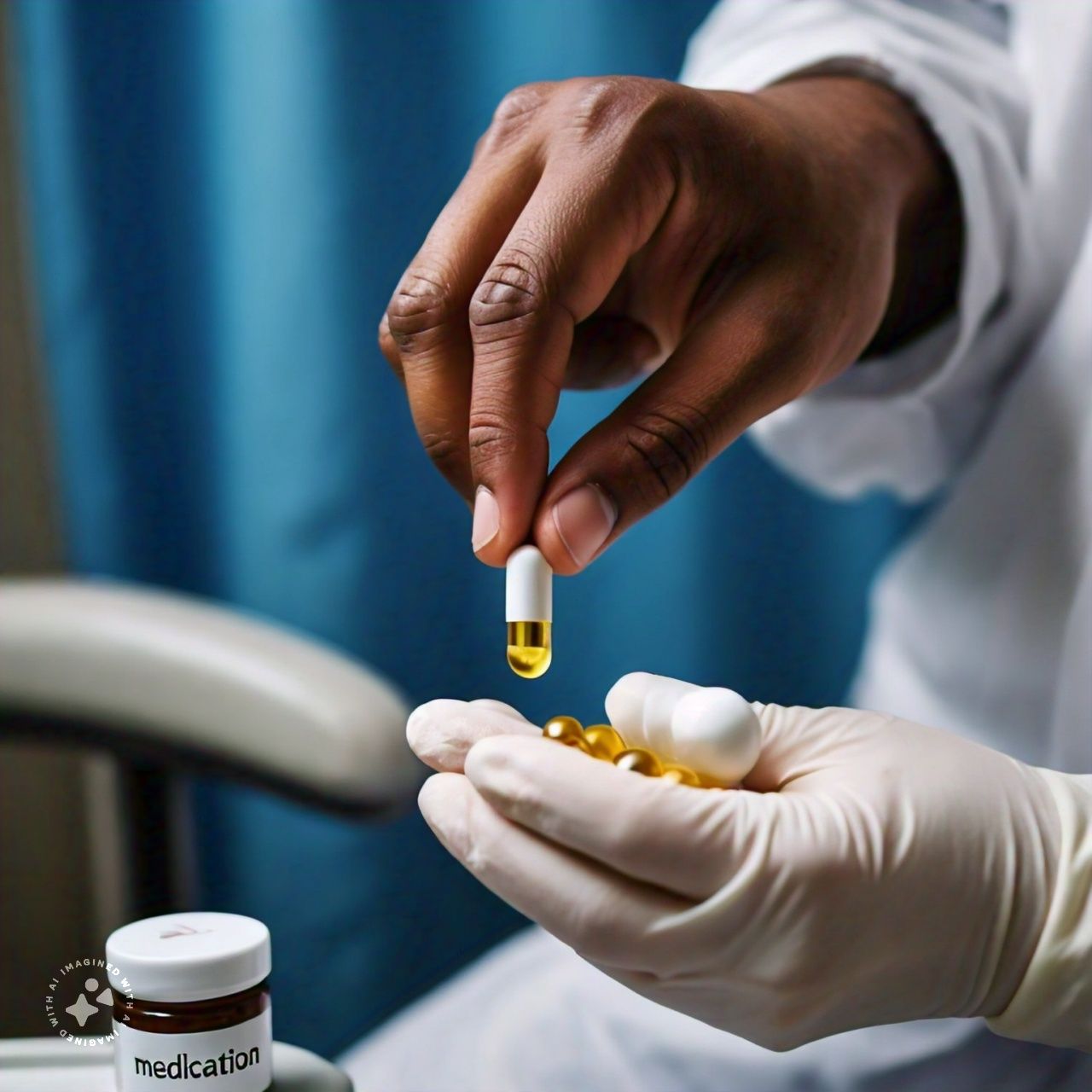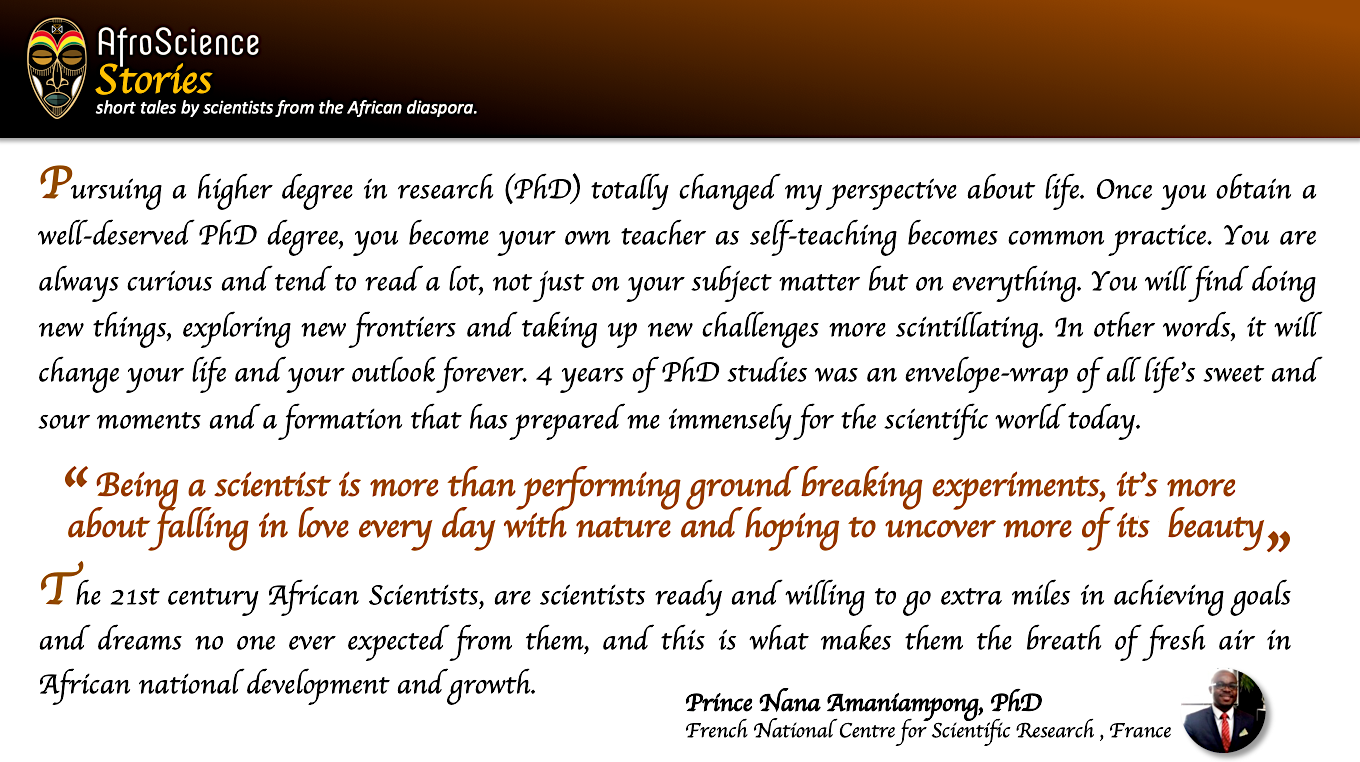In 2008, Henok Kessete Afewerky lost his Dad to a brain tumor. This unfortunate incident triggered a lifelong search to understand the cause of such devastating diseases. He had just completed his Bachelor of Science degree in Biology at the University of Asmara and he decided to focus on biomedical sciences moving forward. His motivation was multi-pronged. On one hand, he was fascinated by the excellent design of the human body and on the other hand provoked by its imperfections.
In 2008, Henok Kessete Afewerky lost his Dad to a brain tumor. This unfortunate incident triggered a lifelong search to understand the cause of such devastating diseases. He had just completed his Bachelor of Science degree in Biology at the University of Asmara and he decided to focus on biomedical sciences moving forward. His motivation was multi-pronged. On one hand, he was fascinated by the excellent design of the human body and on the other hand provoked by its imperfections.
Growing up in Eritrea, Henok’s dreams were simple, to be a Professor in a university and a research scientist with his own medical company. But he was hit with the reality of financial challenges on his academic journey. Even with the obstacles, he stuck to his dream and is currently pursuing a doctoral degree (Ph.D.) in Neurobiology at the Huazhong University of Science and Technology, China and is expected to graduate in 2021. His research focuses on understanding how organisms function at the cellular and molecular level. Henok’s research tackles neuronal, metabolic, infectious, and hereditary defects. These can help in detecting diseases and providing explanations for their causes, giving clues as to how to correct potentially harmful aberrations as well as developing new drugs and vaccines, and optimizing their mode of delivery. Specifically, he is currently working on the pathophysiology of neurodegenerative diseases, epidemiology and pathogenicity of breast cancer, and that of infectious diseases, including COVID-19, in collaboration with several renowned scientists.
In recognition of his contributions towards the publication of several empirical research articles in reputable scientific journals, Henok has received several awards from Huazhong University of Science and Technology, Wuhan, China. The awards include the Outstanding International Student Academic Excellence Award, Honorary International Graduate of 2018, and the Chinese Government Scholarship for his doctoral research studies. His latest research article on Covid-19 titled “Pathology and pathogenicity of severe acute respiratory syndrome coronavirus 2 (SARS-CoV-2)” has been selected as a highlighted article for Experimental Biology and Medicine’s September 2020 issue.
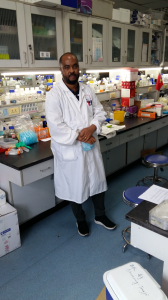
Henok’s daily routine involves looking after his research project’s cellular and animal models, conducting the day’s experiment, collecting and processing data, reading and reviewing the literature, and designing the next day’s experiments. He is currently looking forward to a professional development opportunity in an environment where he can conduct biomedical research as a research scientist or lecturer after graduation.
He has been impressed with the overall administrative system in China. It shows in the high-level scientific research conducted in China and how this has significantly contributed to the development level of the country today. Henok hopes this can be replicated in his home country of Eritrea and the rest of Africa.
[This story is part of the Research Visibility Project, a collaboration between AfroScience Network and the Organization of African Academic Doctors]
Conflict Of Interest
The views and opinions expressed in this article are those of the author, and they do not purport to reflect the policies, opinions, or views of the AfroScience Network platform.
Disclaimer
This article has not been submitted, published or featured in any formal publications, including books, journals, newspapers, magazines or websites.
Be the first to comment
Please login to comment

